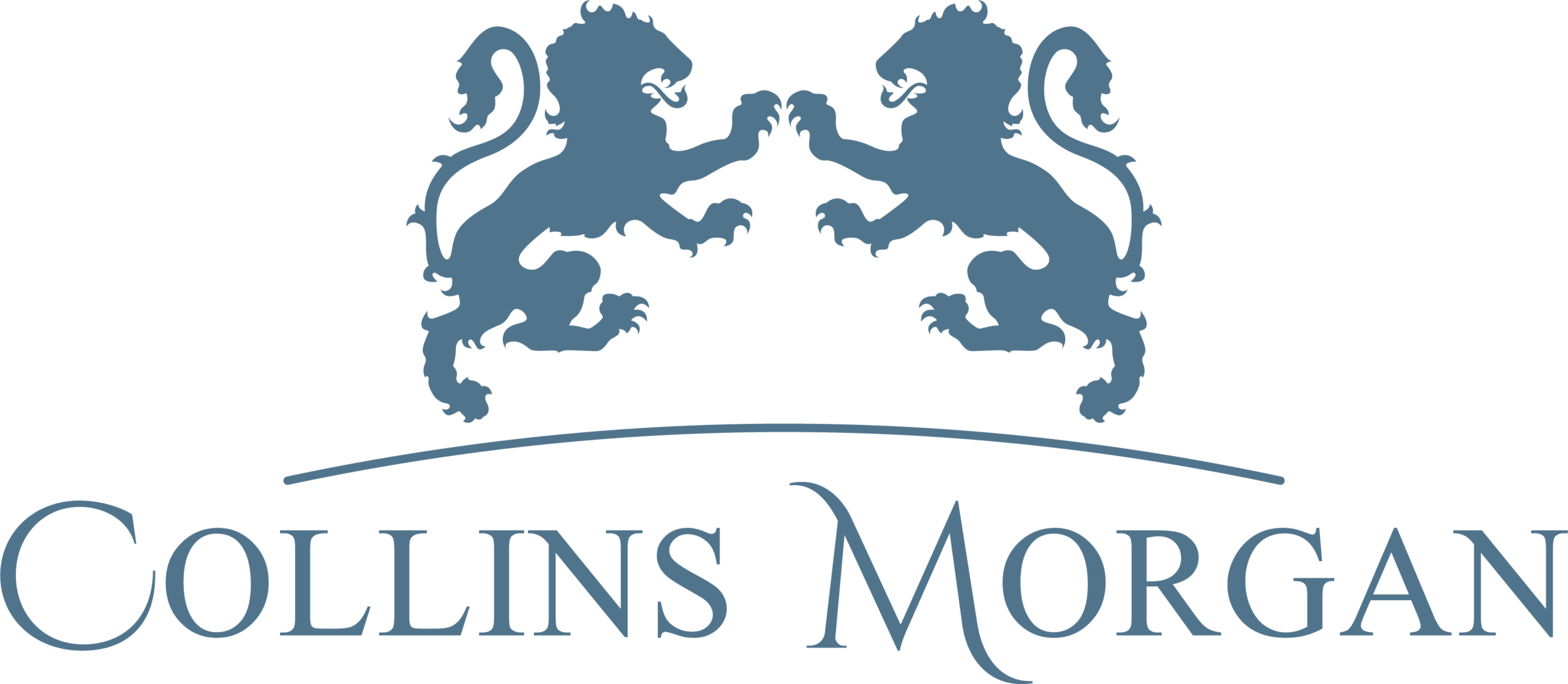Debt Relief Order
What is a Debt Relief Order?
A Debt Relief Order (DRO) is a form of insolvency which is designed to help people who have relatively low debt, little surplus income, and few valuable assets.
A DRO is similar to bankruptcy, but for people with income and assets of low value enough to be excluded from bankruptcy – so the process is less complex and cheaper.
Advantages
-
Affordable Costs
The fee (£90) is affordable and can be paid by instalments but must be paid before the application can be made.
-
Confidence of Good Advice
The approved intermediary ensures that you are given appropriate advice and that you fit the criteria for a DRO.
-
Creditor Protection
Creditors included in the DRO cannot take further action against you without the Court’s permission.
-
All Debts Written Off
A DRO last for 12 months, and once completed you are released from all your debts.
Considerations
-
Not Private
Being subject to a DRO is recorded in the Personal Insolvency Register.
-
You Can't Already Be Insolvent
You may not be currently bankrupt, subject to bankruptcy restrictions, in an IVA or done a DRO in the last 6 years.
-
Not for Homeowners
You won’t be able to have a DRO if you own a house, even if it has no equity in it.
-
Debt Relief Restrictions Order (DRRO)
You will be committing an offence if you get credit of £500 or more without disclosing that you are subject to a DRO.
-
Employment Implications
Those subject to a DRO may be excluded from certain professions and roles.
-
Restrictions on Credit
You will be committing an offence if you get credit of £500 or more without disclosing that you are subject to a DRO.
-
Co-operation Required
Your DRO could be cancelled if you don’t cooperate with the official receiver while the DRO is in force.

